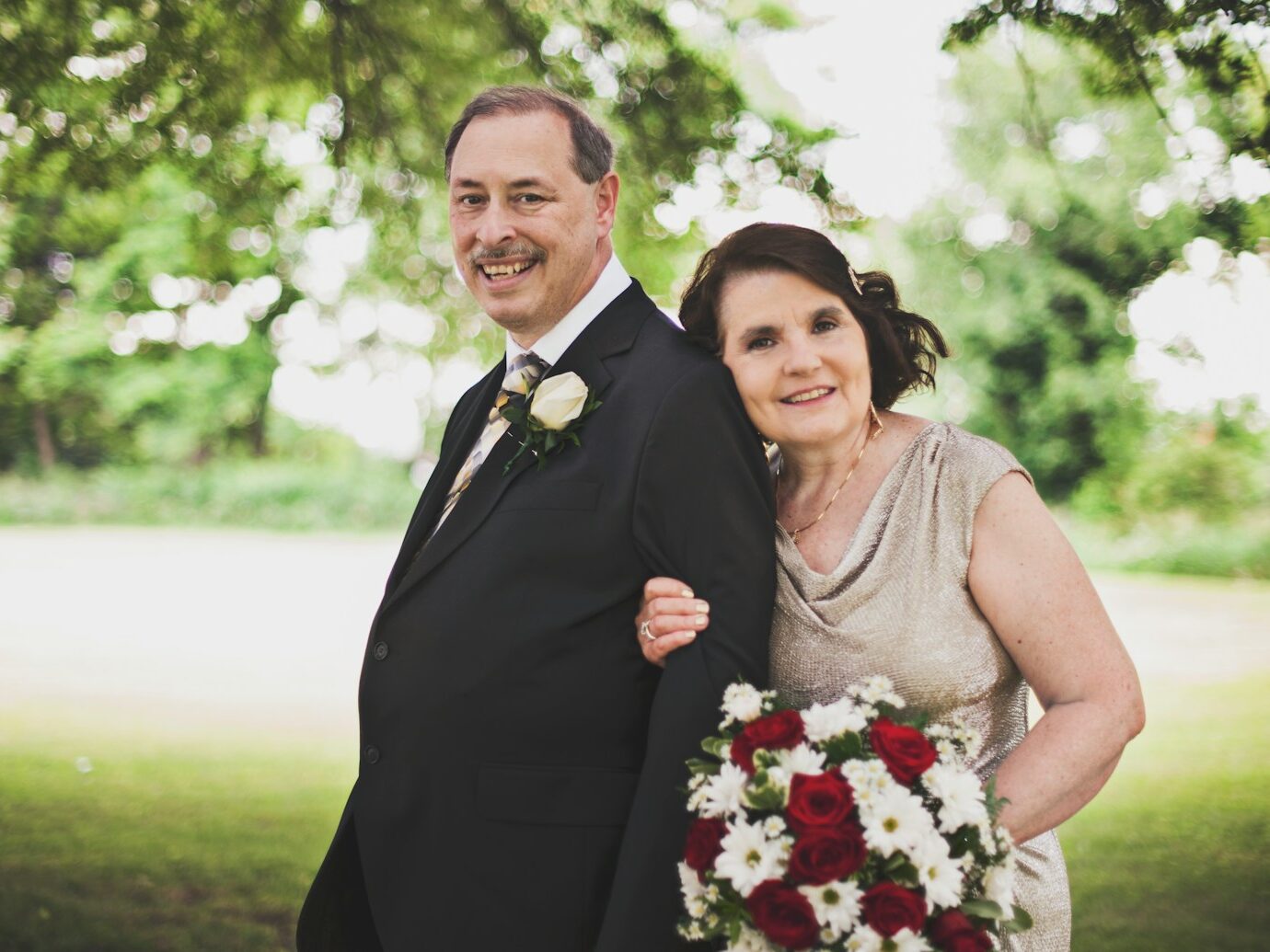
There was a time when certain phrases actually described what you did. You hung up a phone, rolled down a window, taped a show, and developed photos because that’s how life worked. Technology moved on, but the language stayed put. The words outlived the objects they described — echoes from a world that felt slower, heavier, and a little more tactile. Here’s a look back at the sayings that survived long after the gadgets disappeared.
“Hang up the phone.”
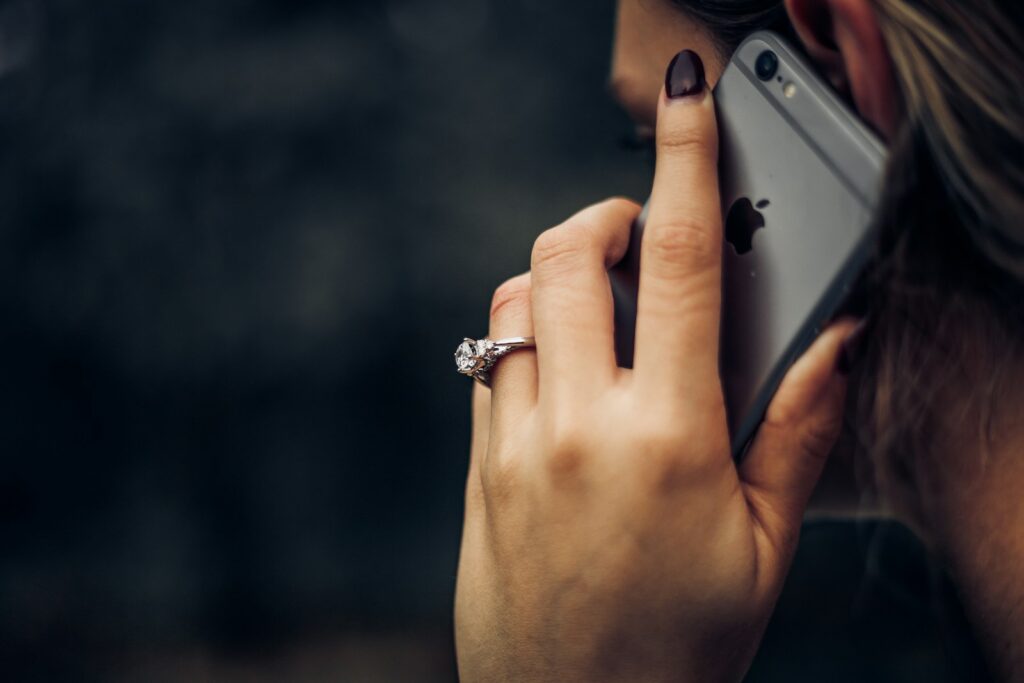
Nobody hung anything up anymore, but the phrase refused to die. Phones once sat in cradles mounted to walls. You grabbed the receiver, and when you finished talking, you literally hung it back up. That clicking sound meant the call ended. Years later, people still said they were hanging up, even though they just tapped a screen. The receiver disappeared, but the language lingered.
“Roll down the window.”

Car windows had metal hand cranks that took effort to turn. On a summer day, you’d roll the handle in circles until air finally moved through the car. The motion was physical, a small ritual that felt part of driving. When electric buttons replaced cranks, the phrase stayed anyway. Boomers never thought about it. They just said roll it down, even when nothing rolled anymore. The action vanished, but the muscle memory lived on in words.
“Rewind the tape.”
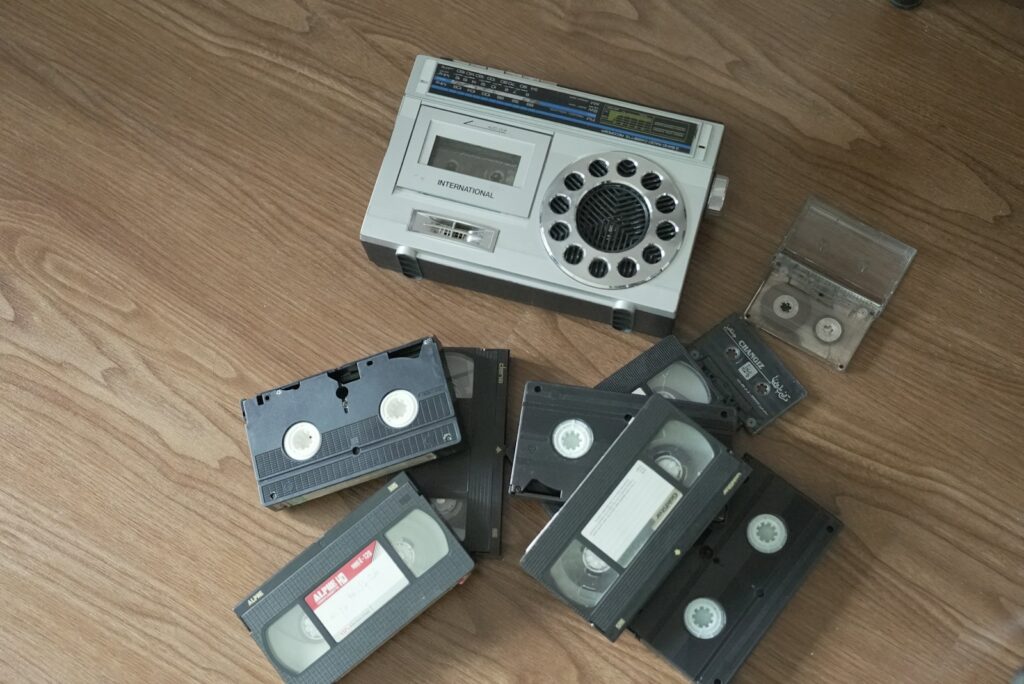
Before streaming or even DVDs, you had to physically rewind a movie to watch it again. The VHS player made that familiar whirring sound as the spools spun backward. Everyone knew the rule: if you rented a movie, you rewound it before returning it, or you risked a fine. Rewinding wasn’t just mechanical; it was part of the experience. Even years later, people still said rewind when what they really meant was go back. The habit stayed long after the tape disappeared.
“I’ll tape it for you.”
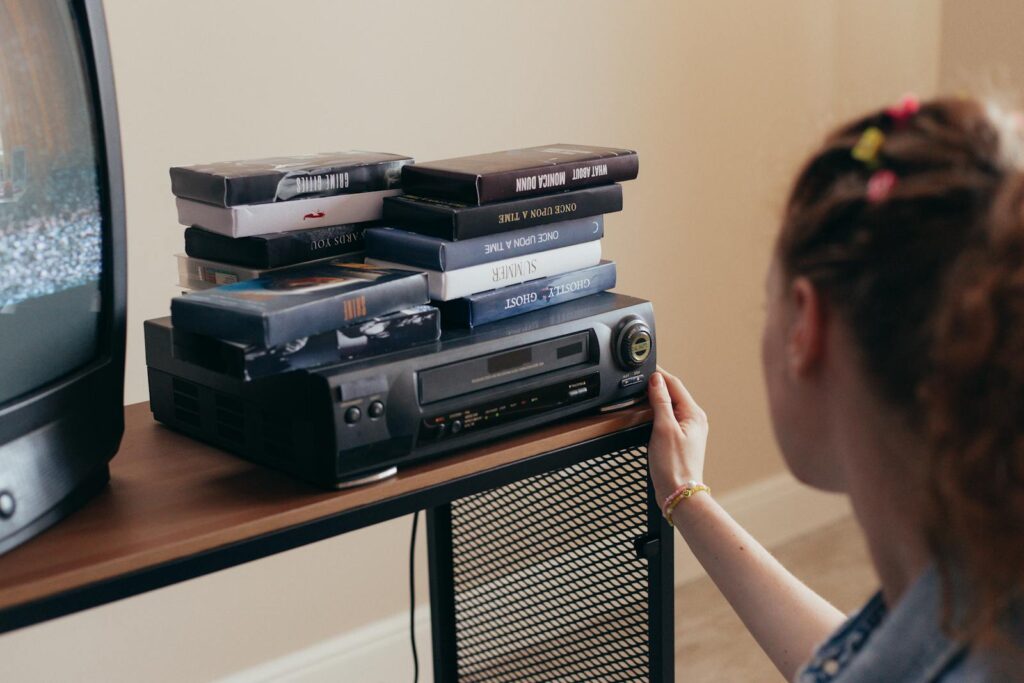
Recording a show meant setting up the VCR with a blank cassette, hoping you programmed it right. Sometimes it worked perfectly. Other times you came home to three hours of static or the wrong channel entirely. It was clumsy and uncertain, but it felt magical at the time — being able to save something. Even after tapes vanished, Boomers kept saying they’d tape things. The VCR became obsolete, but the language never did.
“Get off the phone so I can use the internet.”
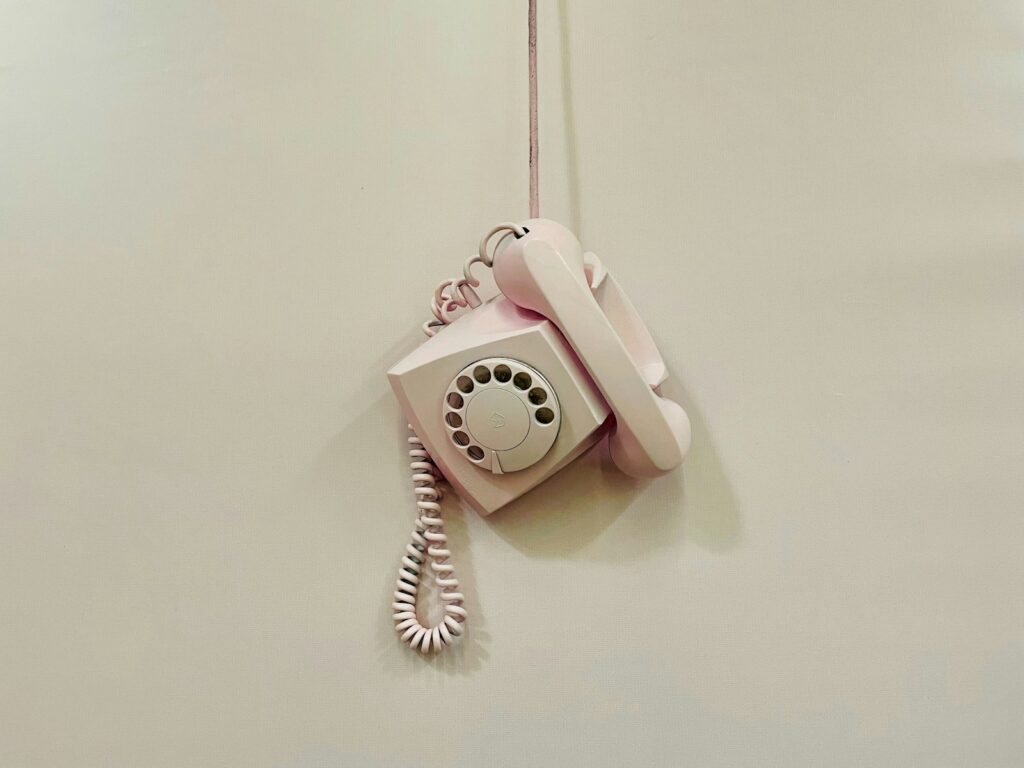
Dial-up internet came through the same phone line, so families had to take turns. The modem made a chorus of beeps and static that filled the house. If someone picked up the phone in another room, your connection dropped instantly. Entire evenings revolved around waiting for your turn online. Boomers remembered that strange battle between phone calls and web pages as a normal part of life — a reminder of how new the internet once felt.
“Let me check the TV Guide.”
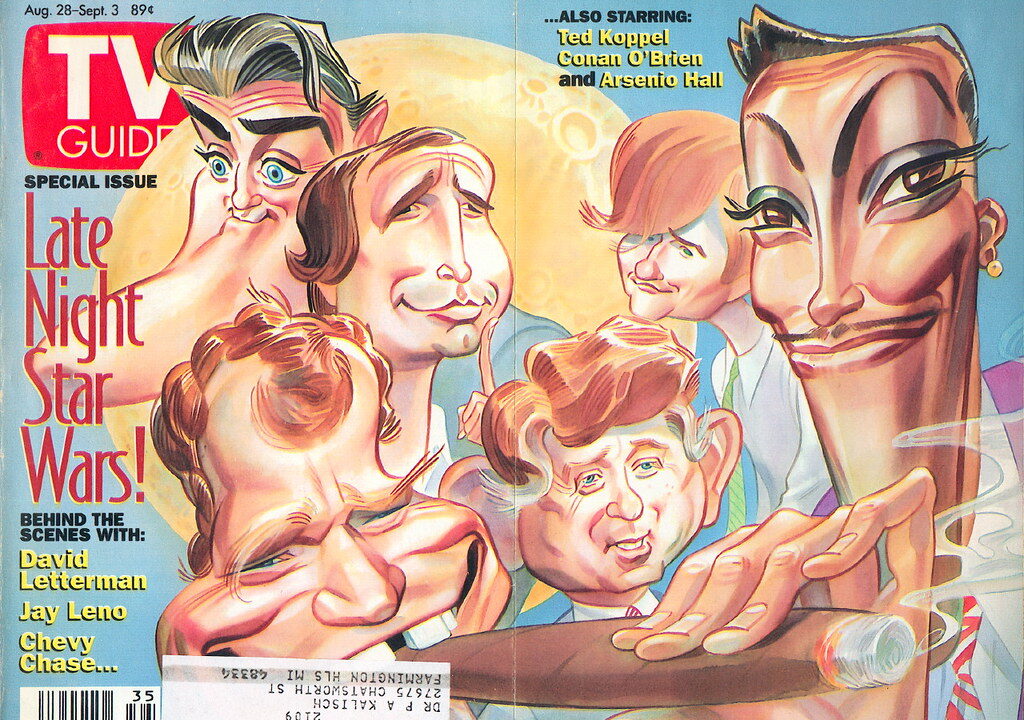
Before streaming, TV wasn’t on demand — it was on schedule. Each week, a thin booklet called the TV Guide arrived, listing every show and time. People kept it near the couch with a pen for circling programs. You planned evenings around those listings, and missing a show meant waiting for a rerun. The TV Guide was as essential as the remote. When it stopped arriving, it felt like losing a small anchor of routine.
“Be kind, rewind.”
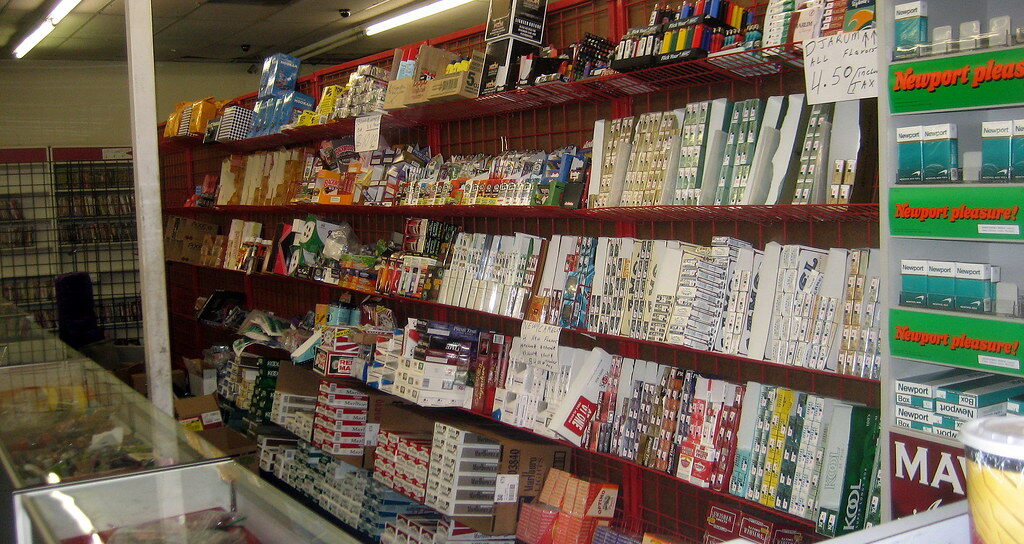
Blockbuster made the phrase famous. When you rented a VHS, returning it without rewinding was seen as rude. Stores even kept separate rewinding machines at the counter. The words were printed on stickers and repeated so often they became automatic. Decades later, Boomers still remembered the bright yellow labels that told you to be kind. The stores vanished, but that slogan never really left the culture — it became shorthand for a gentler time.
“I need to develop these photos.”
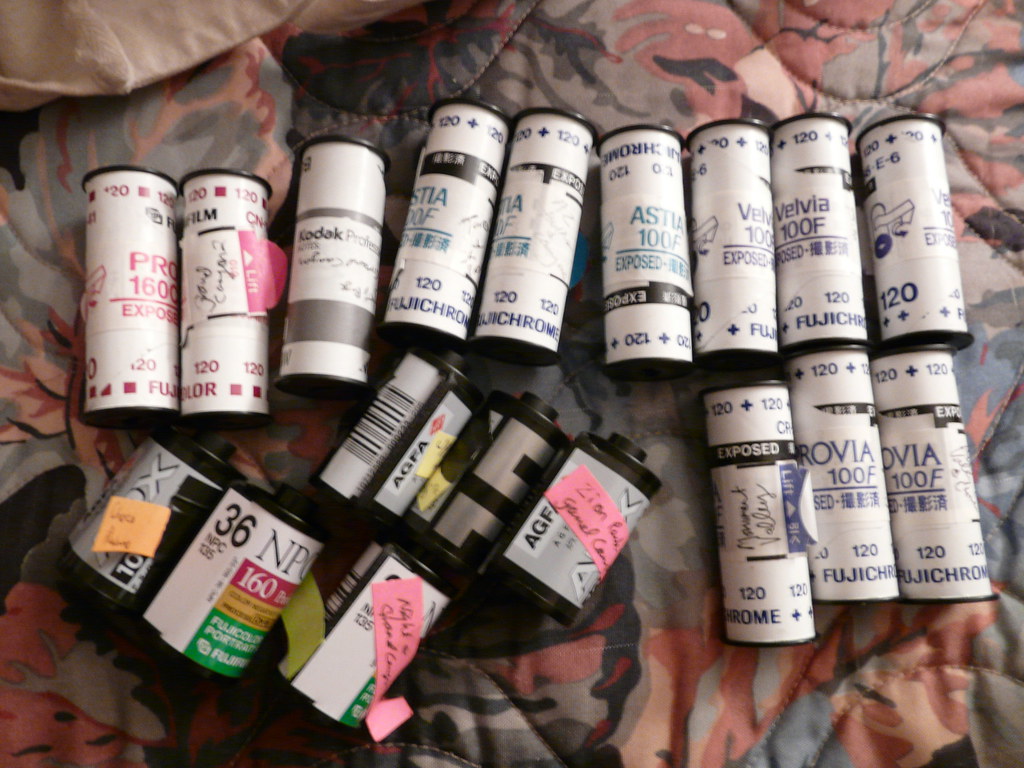
Taking pictures once required patience. You’d finish a roll of film, drop it off at the store, and wait days to see the results. Sometimes every shot came out perfect; other times, half were ruined. You didn’t know until you held the glossy prints in your hands. When digital cameras arrived, instant photos felt like magic, but also a little empty. Boomers kept saying develop the film, even when no film existed — because for them, pictures had always come with waiting.
“Look it up in the encyclopedia.”

Before search engines, knowledge came in twenty-six thick volumes of printed text. Families kept encyclopedia sets on living room shelves, and kids used them for homework. You’d flip through pages, cross-reference topics, and sometimes come up empty. It took patience and curiosity to learn something. Those books gathered dust once the internet arrived, but Boomers still said look it up, remembering when answers came printed on thin paper instead of glowing screens.
“I’ll call you when I get home.”
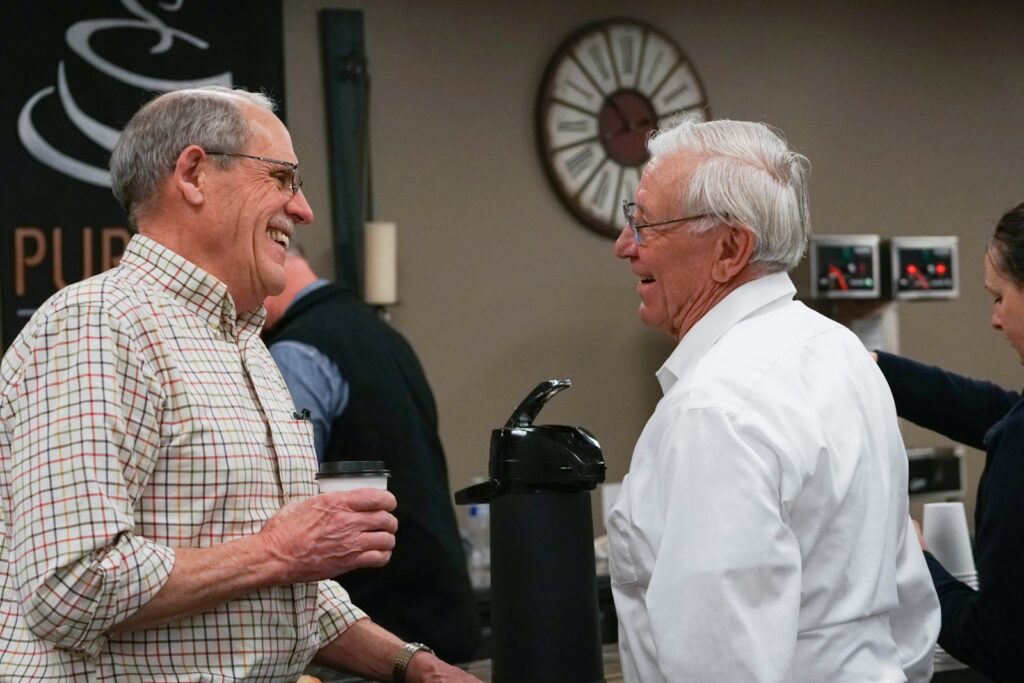
Without mobile phones, you made plans and trusted that they’d hold. Saying I’ll call you when I get home wasn’t casual — it was a promise. If someone wasn’t home when you called, you tried again later. You didn’t text, you didn’t track locations — you waited. Boomers remembered that kind of communication as simple and steady. It required faith, not instant confirmation, and that made every call mean a little more.
“Burn me a CD.”
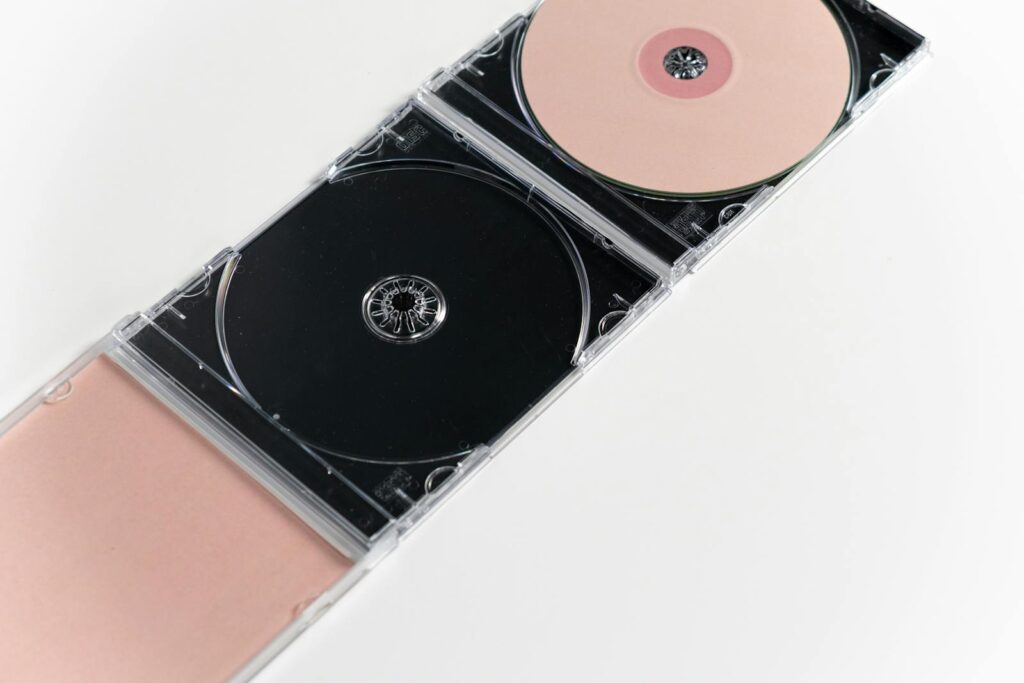
After cassettes faded, burning CDs became the way to share music. You’d sit at your computer for an hour while it copied songs onto a blank disc, then label it by hand with a marker. It was slow, imperfect, and somehow more personal. A burned CD meant someone took time to make something for you. Even when streaming replaced all that, people still said burn me a copy. The fire was gone, but the gesture stayed warm.
“I need change for the payphone.”
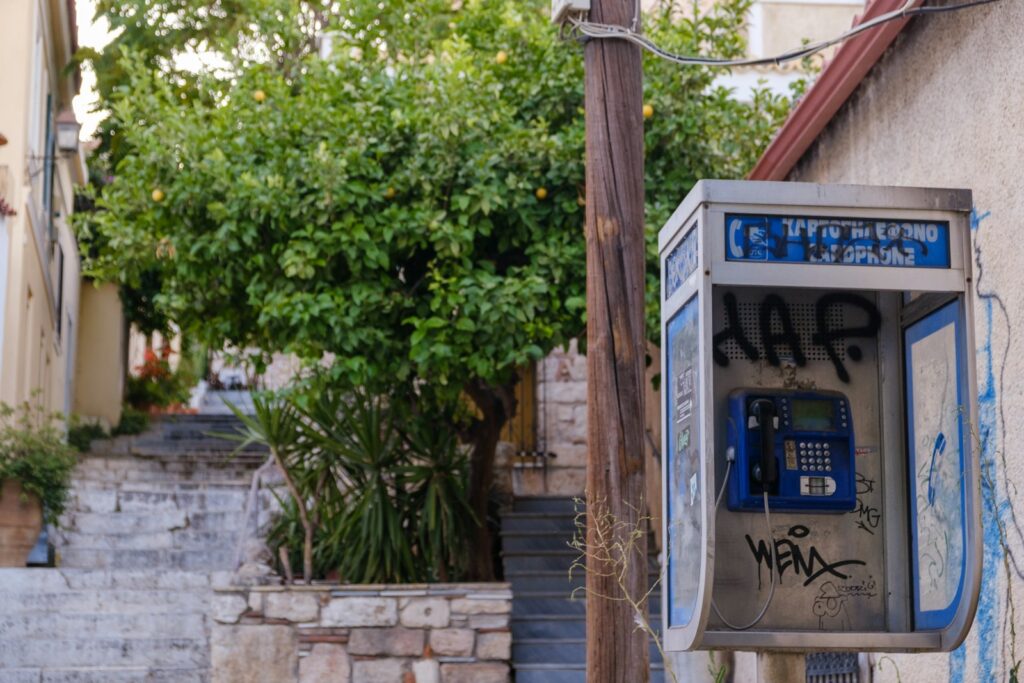
Payphones once stood on every corner — glass booths glowing under streetlights. You needed quarters or a calling card to reach anyone. If you ran out of change, you were out of luck. Collect calls were expensive but sometimes the only option. The entire idea of planning your calls around spare coins disappeared almost overnight. Boomers remembered the weight of those quarters in their pockets, and how something so ordinary suddenly became ancient.
“Fix the tracking on the VCR.”
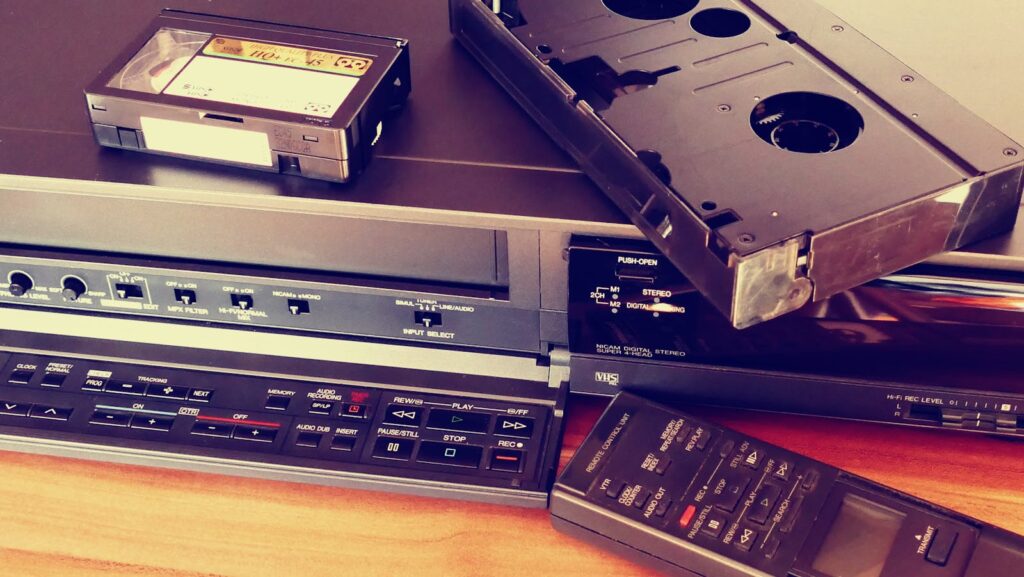
Every VHS owner knew the ritual. When the image started to flicker or the screen filled with static lines, you walked up and adjusted the tracking. It was part science, part guesswork, and every household had someone who “knew how to fix it.” It was frustrating but weirdly satisfying to watch the picture clear up. The button itself is long gone, but the memory of standing there with the remote in hand, fine-tuning the picture, never really left.
“Don’t sit too close to the TV.”
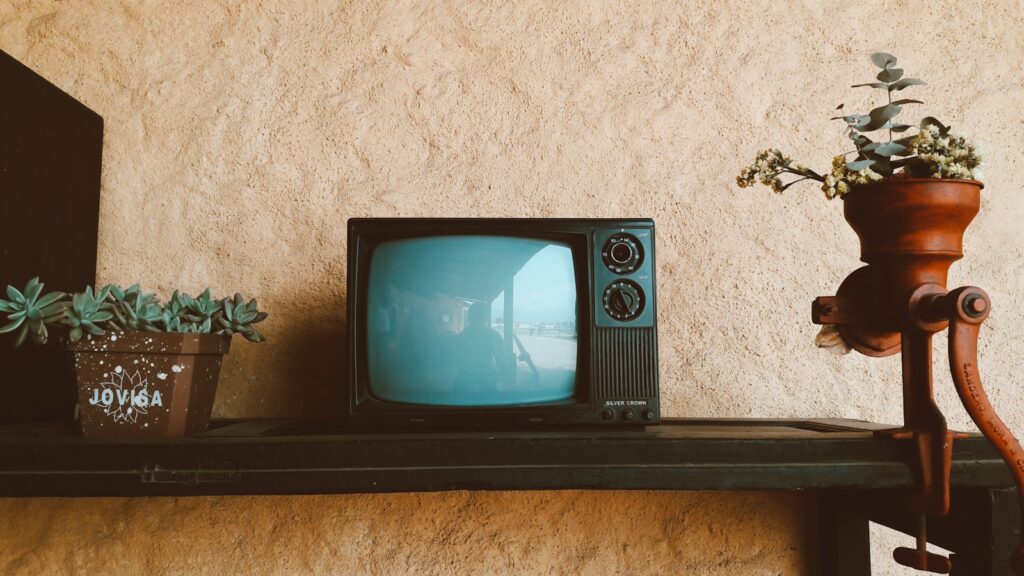
Parents everywhere used to warn that sitting too close would ruin your eyes. Nobody knew if it was true, but it became a household rule. Kids ignored it, of course, sitting cross-legged inches from the screen. The TV glowed like a small sun in the living room corner. Now people hold glowing screens inches from their faces all day, and nobody worries. The warning faded, but the echo of those voices still lingers.
“That’s long distance.”
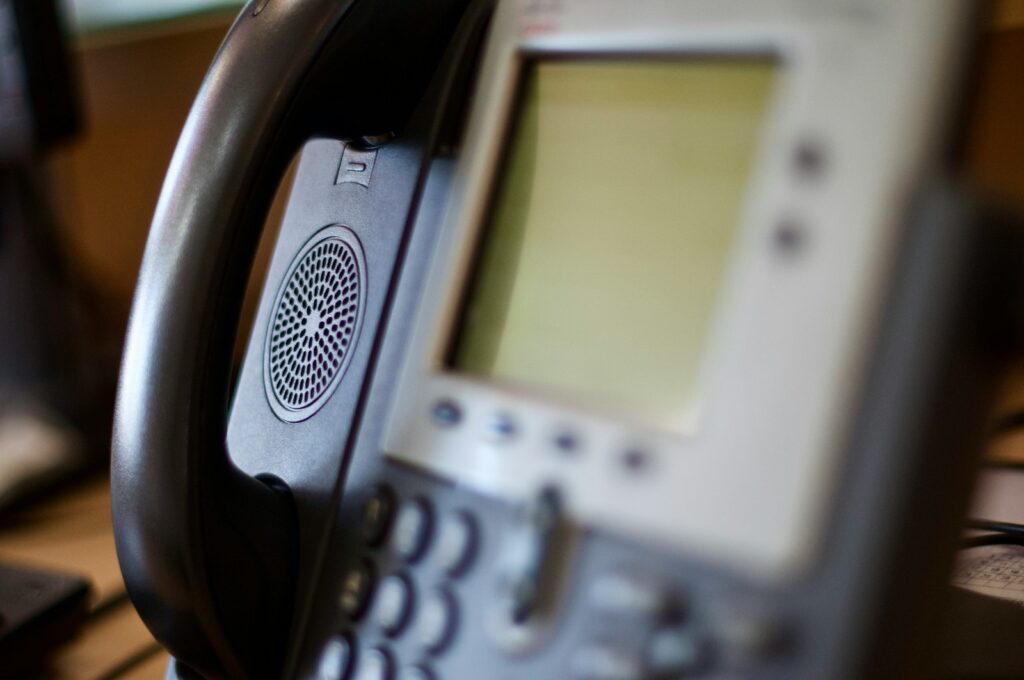
Long-distance calls once cost real money. You planned what to say before dialing, spoke quickly, and ended with a promise to write soon. Hearing someone’s voice across miles felt precious. You could feel the distance in your wallet and in your heart. Today, distance doesn’t matter — calls are free, instant, endless. But for Boomers, long distance meant effort, meaning, and the simple truth that connection used to cost something.

